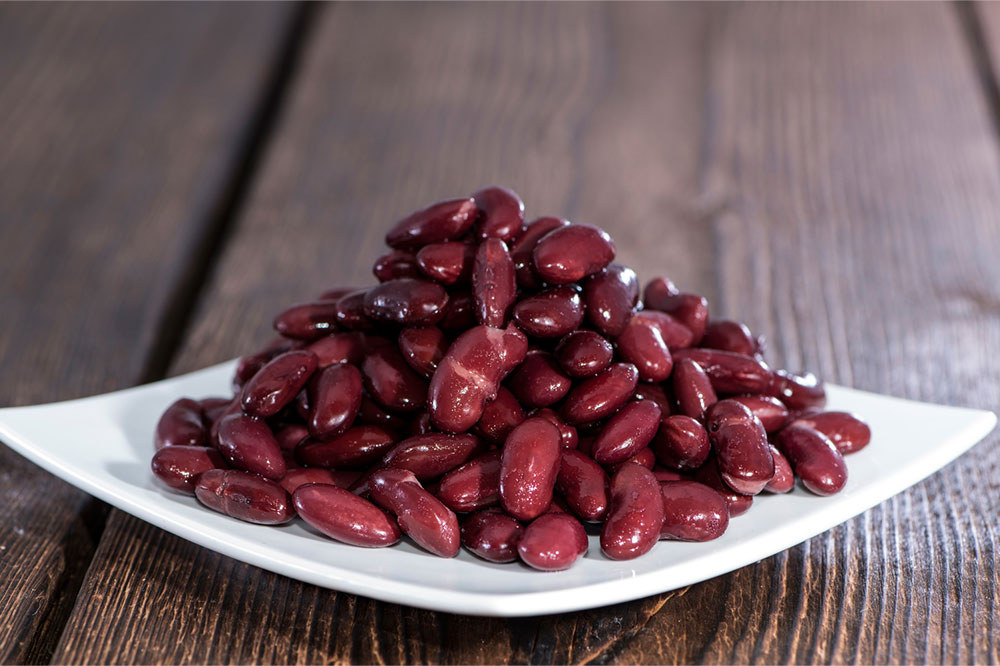
Foods to Eat and Avoid for IBS
Irritable bowel syndrome or IBS is an intestinal disorder that causes pain, diarrhea, gas, constipation, and other intestinal problems. It is quite common throughout the world and can easily be managed through lifestyle changes, diet changes, and medication.
Here are some foods to look out for or against to gain control of your syndrome.
Foods to eat
- Eat all cooked vegetables (except cauliflower and broccoli) as they aid in digestion compared to raw vegetables that can be hard to break down, resulting in abdominal and intestinal stress.
- Eat fruits without their skin or peel.
- Eat oats regularly to facilitate digestion.
- To ease bloating, cramps, and gas problems,
- Eat a tablespoon of linseeds per day.
- Eat foods that are easier to digest, including semi-solid and liquid items.
- To reduce diarrhea,
- Eat low-fiber foods or fiber supplements but stay away from a high-fiber diet.
- Drink plenty of water to prevent dehydration.
- To reduce constipation,
- Drink a lot of water to make it easier to pass out solids.
- Increase the soluble fiber intake in your diet. These foods include carrots, oats, carrots, and peeled potatoes.
- High-fat meat such as beef, mutton, etc. can overstimulate the gut. Go for options such as chicken, turkey, fish, etc.
- If you are not sensitive to dairy, low-fat yogurt can work wonders for your gut. It is filling and contains probiotics (healthy bacteria), which may even help relieve IBS symptoms.
- Eggs are a great source of energy and protein and do not provoke IBS attacks. However, if you’re sensitive to fat, consume only the whites of the eggs.
Foods to avoid
Insoluble fiber
- Insoluble fiber tends to make bloating and pain worse.
- Some people might notice much of a difference after eating insoluble fiber, while others may find that their symptoms have taken a turn for the worse.
- If you think you’re the latter, get it checked with a doctor immediately and stop consuming insoluble fiber.
- Foods rich in insoluble fiber include whole grains and vegetables.
Dairy
- Most dairy products are high in fat, which can result in diarrhea if you are affected by IBS.
- Milk can trigger IBS symptoms and is not a good choice for patients with the same.
- To compensate for the lost calcium, you can replace dairy products with:
- Greens
- Seeds
- Nuts
- According to studies, in the case of calcium, opting for calcium-rich alternatives is better than taking calcium supplements as the latter is found to do more damage than good.
Fried foods
- Eating fried snacks can be hard on the system for people who are affected by IBS.
- This is because frying food changes its chemical composition, making it harder to digest.
- You can opt for grilled or baked food items as an alternative.
Alcohol
- Alcoholic beverages are a common trigger for people who have IBS.
- This is due to the way your body digests alcohol.
- Alcohol can cause dehydration, which does your digestive system no favors.
- Gluten-rich alcoholic drinks like beer are especially bad for people affected by IBS.


